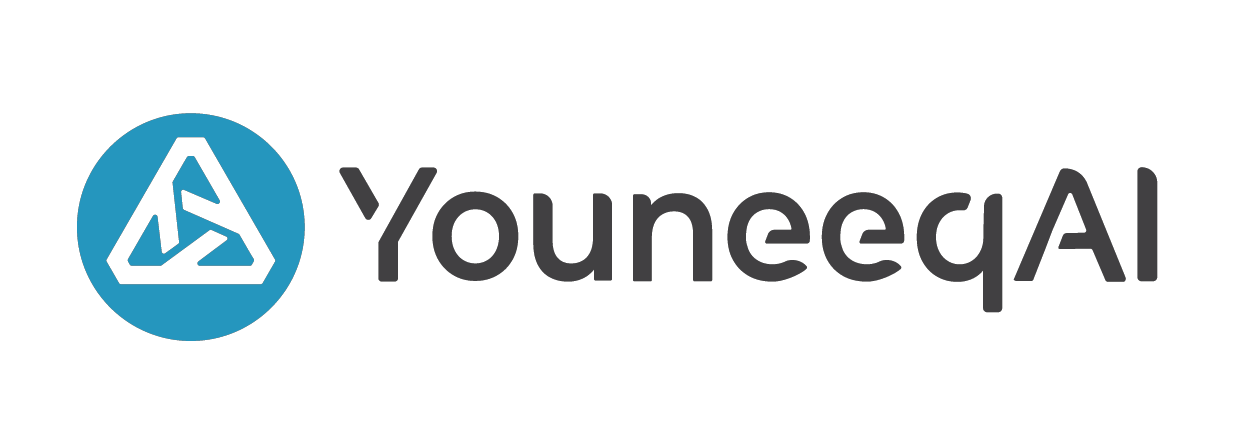
In 1969 Elisabeth Kübler-Ross proposed there were “five stages of grief” that people go through upon the loss, or anticipated loss, of a loved one.
These stages since have become analogous to any deeply held belief, in life or in business to explain why individuals and organizations resist adapting to the realities they face.
In the early days of content publishing online, publishers adapted the direct mail marketing metric of household delivery and redemption rates to assign some audience metric that would support ad rate calculations. The ability to “measure” audience, afforded by the technology of the World Wide Web, would be the “holy grail” of data driven advertising.
While the notion of page views, unique visitors and click through rates offered a convenient and familiar audience measurement method for publishers and traditional advertisers, these metrics ignored the realities of web user behaviours.
The volume of web traffic to traditional content sites is effectively a rounding error in total web traffic. Further, the impacts of search, referral, and “vampire” activities by Google, and others, have served to commoditize both content and audience.
It is a truism that commodities lose value over time. This is true of online audience and content, evident in the ridiculously low rates publishers are able to command for online audience and content.
To be successful then, publishers must change the model and identify the valuable audience and content; but most publishers are in Stage One of Grief – “Denial”.
For years, panel based audience measurements such as Ominture and ComScore delivered the unwelcome news to publishers that real on-line audience were a fraction of the total “traffic” coming to a site. Free, census based analytics such as Google Analytics paint a more desirable picture by reporting all traffic to a site as a page view, regardless of the level engagement that “hit” demonstrates on the site.
The result is that many publishers are reporting traffic that simply is not engaging the content on a site as “audience”. The impact of synthetic traffic, redirects to third party sites such as obituary and employment, and bounced traffic is “counted” as audience by publishers. These results are more often than not used to support ad sales strategies, despite the obvious weaknesses in the numbers.
The ad networks and Data Management Platforms recognize the weaknesses in the numbers and have priced their RTB algorithms accordingly. Retail advertisers inherently understand the marginal value of the reported on-line audience and are moving to their own search and Ad Words strategies, often leaving their traditional print and broadcast partners out of the on-line equation altogether.
Is it time for publishers to embrace “Acceptance”?
The final stage of grief is Acceptance. For online publishers, acceptance is the recognition that the most valuable portion of their audience may be smaller than they would like. This audience is a group of real people who value the content offered, engaging with the site, other readers, and most importantly, advertisers.
Moving away from measuring site performance through questionable visits and page views to more audience-focused metrics such as session times, pages/user/session, and bounce and exit rates will require publishers to invest in content creation and curating and de-emphasize lower ROI tactics such as SEO and click-baiting.
From a business perspective, the ability over time to automate and personalize content created for traditional media, reduce the human resource allocated to managing content, and impact user engagement in terms of session times and pages/user/session, will drive out operating expense and improve ad yields and margins in on-line publishing.
Youneeq’s data driven, personalized recommendation technology automates content creation and presentation, identifies real audience and drives audience engagement and ad performance. In addition, the user data Youneeq creates as a result of user tracking can generate new revenue streams for publishers.
For on-line publishers who are ready to accept the reality of on-line publishing, Youneeq offers a low cost, low overhead solution that will improve key performance indicators.
For more background on the importance of audience engagement and metrics I encourage you to read these pieces from ChartBeat www.chartbeat.com and www.niemanlab.org.
What are your thoughts? Contact us with questions, comments, or to start your trial today!





